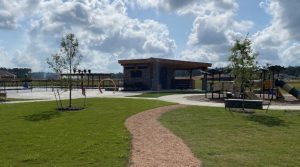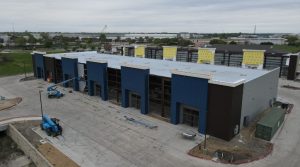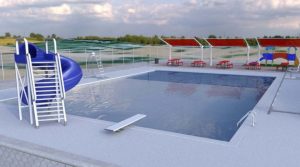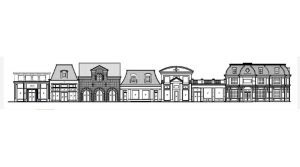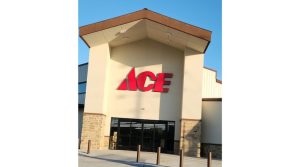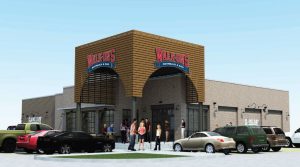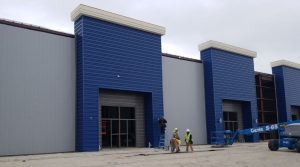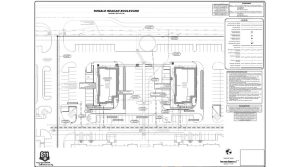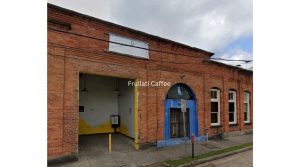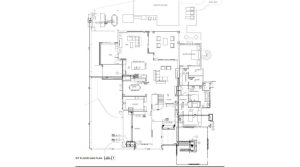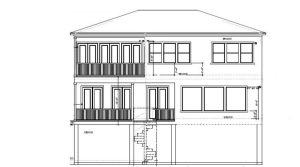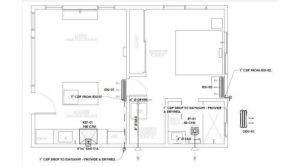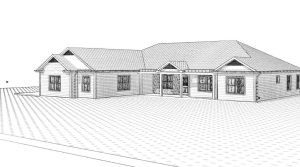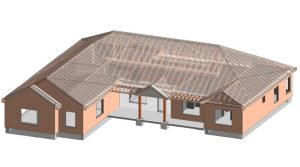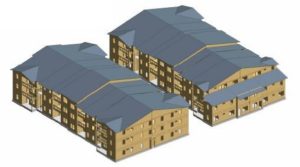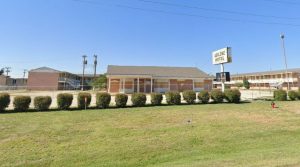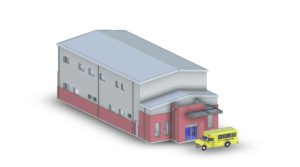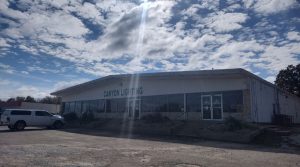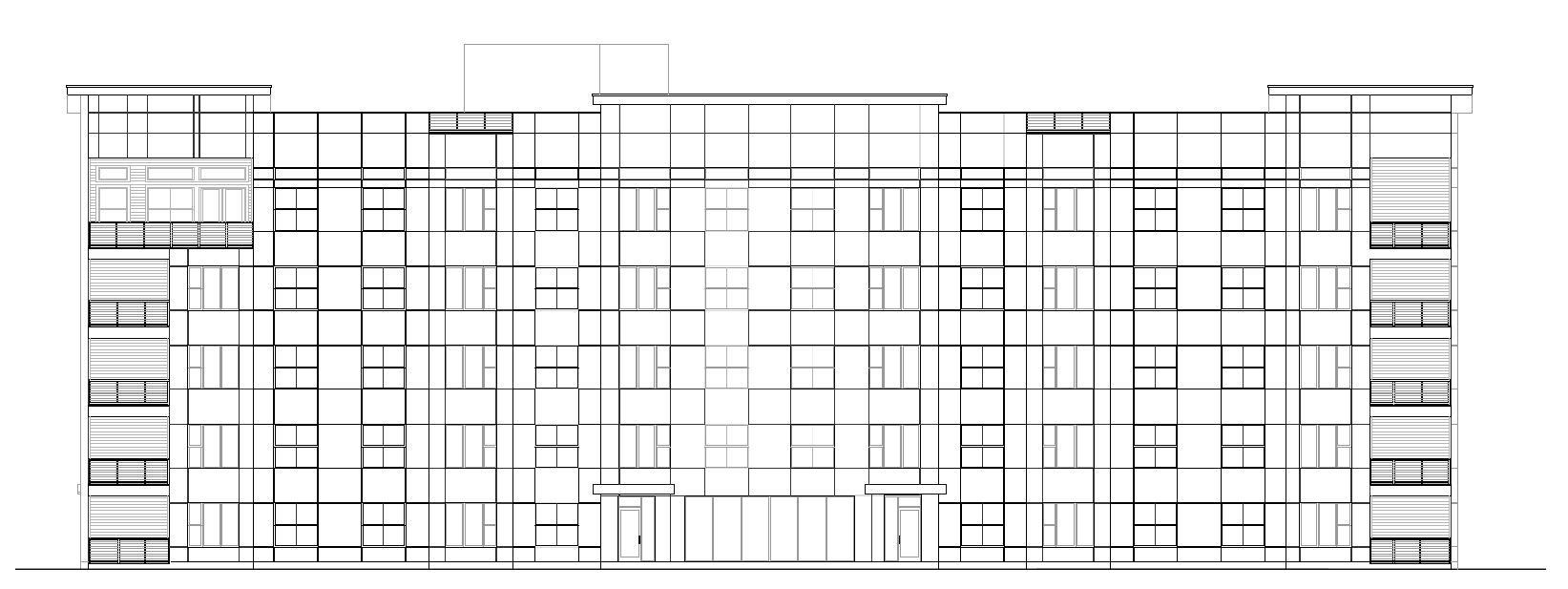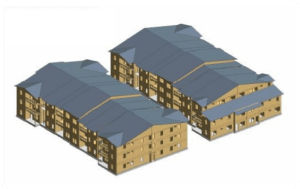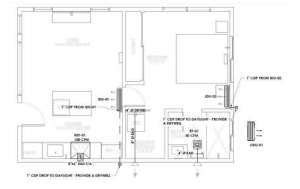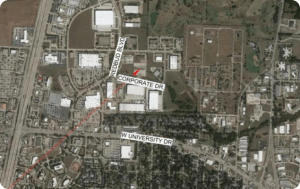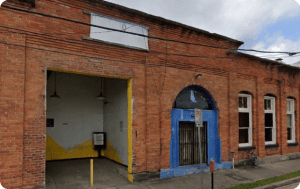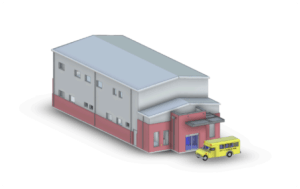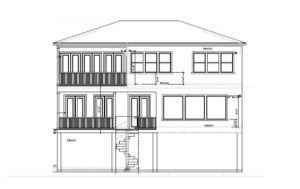The Critical Role of Commissioning in MEP Design
Introduction
In Florida’s fast-paced construction industry, commissioning in MEP design in Florida is vital for ensuring building performance and sustainability. As projects grow in size and complexity, commissioning bridges the gap between design and real-world operation.
Commissioning boosts system reliability and cuts energy use and costs. It’s a valuable tool for developers, architects, and engineers alike.
In this blog, we’ll break down what commissioning means for MEP design. We’ll look at its benefits, process, and impact—especially in Florida, where heat, humidity, and regulations require a strategic approach. Let’s explore how commissioning in MEP design in Florida can help you unlock the full potential of your building systems.
1. MEP Design and Commissioning
MEP systems are vital for any building’s operation. They include HVAC, lighting, water supply, and power distribution. In Florida’s tropical climate, these systems must work efficiently to maintain comfort and safety.
Commissioning verifies that systems meet design requirements and function as intended. It is more than installation—it’s quality assurance. By confirming performance early, teams avoid costly corrections later.
2. Understanding the Commissioning Process
Commissioning ensures MEP systems are correctly installed and function as planned. This structured process is especially important in Florida’s humid climate.
It begins in the design phase, setting performance goals. During construction, contractors and commissioning agents work together to verify installations. They perform regular inspections to catch issues early.
Next comes functional testing. Here, technicians evaluate system performance. For Florida projects, this often means testing HVAC systems under real humidity conditions.
3. The Importance of Commissioning in MEP Design in Florida’s Unique Climate
In the context of Florida’s unique climate, commissioning in MEP design in Florida cannot be overstated. The state is characterized by its high humidity, intense heat, and unpredictable storms, all of which can significantly impact the performance and longevity of building systems. Effective commissioning ensures that these systems operate at peak efficiency, providing comfort and safety to occupants while optimizing energy use.
As the temperatures soar in the summer months, HVAC systems become essential for maintaining a cool indoor environment. Proper commissioning verifies that these systems are designed, installed, and functioning optimally. This process includes testing airflow, verifying temperature controls, and calibrating equipment to meet the specific demands of Florida’s climate. Without thorough commissioning, systems may struggle to perform under the strain of extreme weather, leading to increased energy costs and compromised indoor air quality.
4. Key Components of MEP Systems in Florida Projects
When embarking on a project in the vibrant and diverse environment of Florida, understanding the key components of Mechanical, Electrical, and Plumbing (MEP) systems is crucial for ensuring efficiency and functionality. Florida’s unique climate and building regulations make it imperative to integrate tailored MEP solutions that address both local challenges and the specific needs of your project.
The successful integration of these components requires effective collaboration among all stakeholders involved in the project. This includes architects, engineers, and contractors who must work in tandem to ensure that the MEP systems are not only functional but also seamlessly integrated into the overall design. A well-coordinated approach minimizes conflicts, reduces costs, and enhances the overall quality of the project.
5. Benefits of Early Commissioning in Project Development
Early commissioning starts during the design phase. This timing improves project outcomes and reduces risks.
It encourages collaboration from the beginning. Architects, engineers, and owners align their goals early. This team approach helps identify and solve issues before they affect construction.
Design teams can also optimize energy use early. They assess how systems will perform together and make better decisions. In Florida’s green-conscious market, early commissioning helps meet sustainability goals.
6. Florida-Specific Challenges in MEP Design and the Role of Commissioning
Florida projects face challenges like weather variability and strict energy codes. Commissioning addresses these issues before they escalate.
System integration is a major concern. HVAC, plumbing, and electrical systems must work in harmony. Commissioning confirms they do—improving performance and saving energy.
Another challenge is meeting energy standards. Florida’s climate demands efficient systems. Testing during commissioning identifies inefficiencies. Teams adjust designs to reduce energy use and environmental impact.
7. The Role of Commissioning Agents in MEP Projects
In the intricate world of Mechanical, Electrical, and Plumbing (MEP) design, commissioning agents play a pivotal role that often goes unnoticed until it’s time to ensure a project’s operational efficiency. These professionals act as the bridge between the design and construction teams, ensuring that every system functions as intended and meets the high standards required for Florida’s unique climate and regulatory environment.
Commissioning agents bring a wealth of expertise to the table, overseeing the entire process from the initial design phase through to project completion. They meticulously review MEP plans, identifying potential issues before construction even begins. This proactive approach helps mitigate costly reworks and delays, ensuring that projects remain on schedule and within budget.
Once construction begins, commissioning agents conduct rigorous testing and verification of systems. They closely monitor everything from HVAC units to plumbing fixtures, ensuring each component operates optimally. In the humid Florida climate, where energy efficiency is key, their assessments can lead to significant reductions in energy costs for building owners while also enhancing occupant comfort.
8. Best Practices for Effective Commissioning
Effective commissioning begins early and continues through the project.
Early Involvement: Bring the commissioning team in during planning. They can help shape designs and spot risks early.
Comprehensive Documentation: Keep detailed records. Drawings, specs, and procedures help teams stay informed and ensure quality control.
Systematic Testing: Don’t wait until the end to test. Evaluate system performance at each phase. This approach allows timely adjustments. In Florida, prioritize HVAC testing due to humidity.
Training and Knowledge Transfer: Train facility teams to manage the systems. Clear instruction prevents issues later and improves performance.
9. Case Studies: Successful Commissioning in Florida Projects
Real projects show commissioning’s value. The Miami-Dade County Courthouse is a great example.
This project was large and complex. The team used thorough commissioning to optimize system performance. Testing before occupancy revealed problems that were quickly resolved. The result was a high-performing, energy-efficient building with long-term cost savings.
10. Regulatory Considerations for Commissioning in Florida
Florida has strict codes for building efficiency. The Florida Building Code (FBC) enforces energy standards that affect MEP systems.
Commissioning helps meet these requirements. It ensures systems are installed and tested according to code. This process protects the project’s budget and the environment.
In conclusion: commissioning plays an indispensable role in optimizing the efficiency and performance of MEP systems in Florida projects. By ensuring that these systems operate as intended from the outset, commissioning not only enhances energy efficiency and occupant comfort but also mitigates costly future repairs and operational issues. As you embark on your next project, remember that investing in a thorough commissioning process is not just a regulatory requirement; it is a strategic decision that can lead to substantial long-term benefits. We hope this article has equipped you with valuable insights and a deeper understanding of how effective commissioning can unlock new levels of efficiency in your MEP designs. Embrace these practices, and watch your projects thrive in Florida’s dynamic environment!
Learn more: https://facilities.ufl.edu/wp-content/uploads/forms/standards/DSCG.pdf
